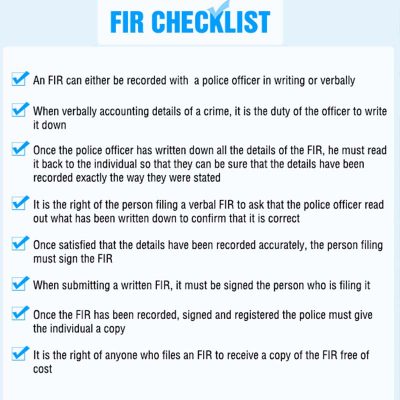Legal Literacy Training
Topic Covered
• What is FIR & NCR
• What to do when you are arrested
• Fundamental right
• When should you see a Lawyer?
• Who Can Arrest you?
• Can someone other than a police officer arrest you?
• When is an arrest warrant used?
• What is bail and how is it set?
• Who maintains arrest records and what do they include?
• Police daily diary
Solid Waste Management Rules, 2016
1. The Rules are now applicable beyond Municipal areas and extend to urban agglomerations, census towns, notified industrial townships, areas under the control of Indian Railways, airports, airbase, Port and harbour, defence establishments, special economic zones, State and Central government organizations, places of pilgrims, religious & historical importance.
2. Responsibilities of Generators have been introduced to segregate waste in to three streams, Wet (Biodegradable), Dry (Plastic, Paper, metal, wood, etc.) and domestic hazardous wastes (diapers, napkins, empty containers of cleaning agents, mosquito repellents, etc.) and handover segregated wastes to authorized rag-pickers or waste collectors or local bodies.
3. Integration of waste pickers/ ragpickers and waste dealers/ Kabadiwalas in the formal system should be done by State Governments, and Self Help Group, or any other group to be formed.
4. No person should throw, burn, or bury the solid waste generated by him, on streets, open public spaces outside his premises, or in the drain, or water bodies.
5. Generator will have to pay ‘User Fee’ to waste collector and for ‘Spot Fine’ for Littering and Non-segregation.
6. Used sanitary waste like diapers, sanitary pads should be wrapped securely in pouches provided by manufacturers or brand owners of these products or in a suitable wrapping material and shall place the same in the bin meant for dry waste / non- bio-degradable waste.
7. The concept of partnership in Swachh Bharat has been introduced. Bulk and institutional generators, market associations, event organizers and hotels and restaurants have been made directly responsible for segregation and sorting the waste and manage in partnership with local bodies.
8. All hotels and restaurants should segregate biodegradable waste and set up a system of collection or follow the system of collection set up by local body to ensure that such food waste is utilized for composting / bio machination.
09. New townships and Group Housing Societies have been made responsible to develop in-house waste handling, and processing arrangements for bio-degradable waste.
10. Every street vendor should keep suitable containers for storage of waste generated during the course of his activity such as food waste, disposable plates, cups, cans, wrappers, coconut shells, leftover food, vegetables, fruits etc. and deposit such waste at waste storage depot or container or vehicle as notified by the local authority.
11. All manufacturers of disposable products such as tin, glass, plastics packaging etc. or brand owners who introduce such products in the market shall provide necessary financial assistance to local authorities for the establishment of waste management system.
12. All such brand owners who sale or market their products in such packaging material which are non-biodegradable should put in place a system to collect back the packaging waste generated due to their production.
13. All such manufacturers, brand owners or marketing companies should educate the masses for wrapping and disposal of their products.
14. Horticulture waste and garden waste generated from his premises should be disposed as per the directions of local authority.
15. An event, or gathering organiser of more than 100 persons at any licensed/ unlicensed place, should ensure segregation of waste at source and handing over of segregated waste to waste collector or agency, as specified by local authority.
16. In case of non-availability of such land, efforts shall be made to set up regional sanitary landfill for the inert and residual waste.
17. All the hygienic practice must be followed by the rag pickers and waste pickers.


